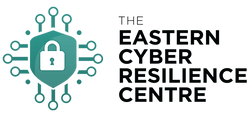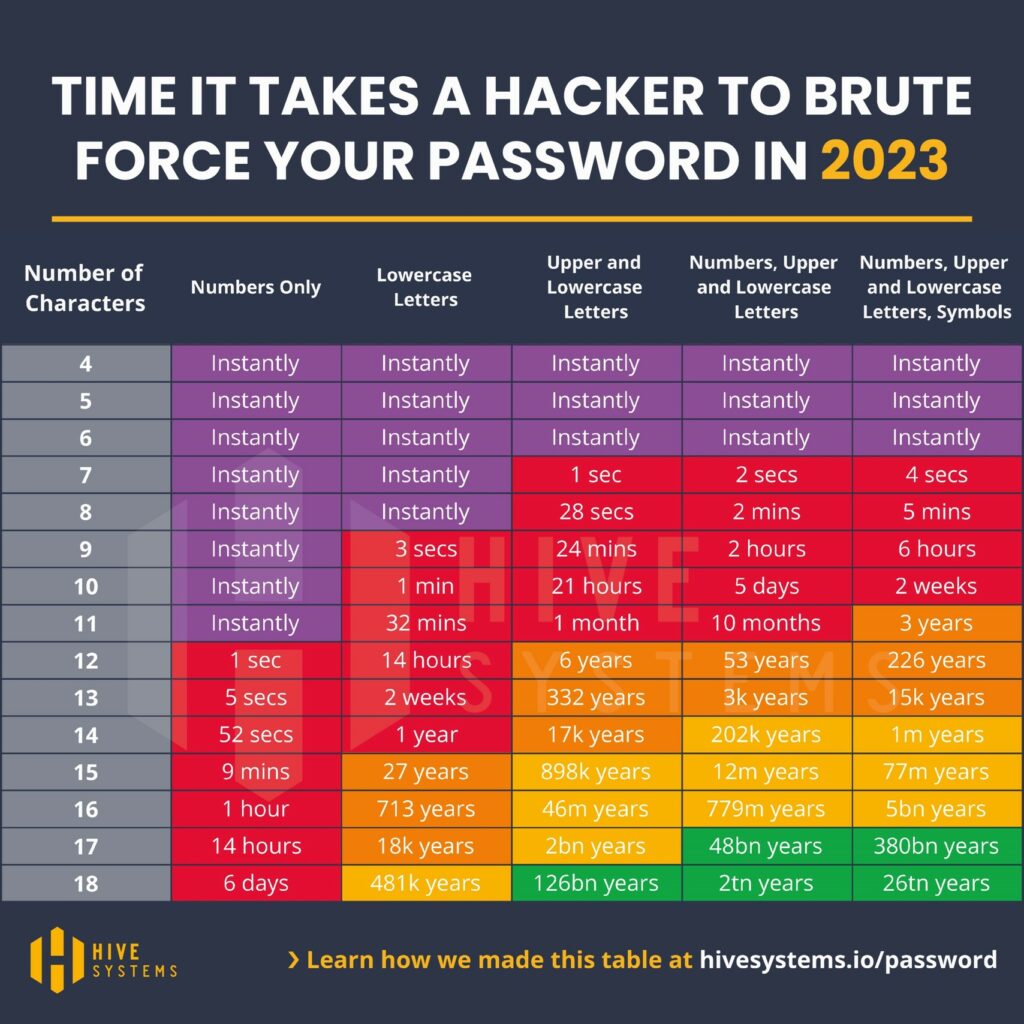

On Halloween this year, we were joined by Paul Lopez and Emily Bevan from the Eastern Cyber Resilience Centre to discuss the scary topic of cyber threats. With their simple tips and free support, you can protect your business before it’s too late.
Who are the Eastern Cyber Resilience Centre?
The ECRC is one of nine national Cyber Resilience Centres, set up with Home Office support, with the aim of increasing the cyber resilience of small and medium businesses in the UK. The project is a collaboration between Policing, Industry Experts, and Academia and each centre is a not-for-profit limited company covering a different part of the UK.


What do they offer for small and medium businesses?
The Cyber Resilience Centres are membership-focused, offering free membership to SMEs. Membership provides access to:
- Free Little Steps training programme: Bite-sized practical information to help businesses understand and build cyber resilience
- Regional and National threat alerts
- Signposting to free tools and resources from both policing and the NCSC
- Discussion area to meet and discuss with other companies in the region and our partners.
- The option to speak to a member of the ECRC Team to discuss your current cyber resilience.
What is Cyber Resilience so important?
- 32% of small businesses were victim to cyber crime in the last twelve months, at an average cost of £900, with many getting caught out for much higher sums.
- Only 10-11% of businesses have cyber insurance.
- 41% of UK consumers claim they will never return to a business after a data breach
What are the most common types of attacks?
- The most common type of cyber attack in 2022 was phishing attacks, making up 79% of all attacks (this is where you are sent an email that tries to entice you into clicking a bad link or responding with personal details). QR code phishing is a new trend on the rise, as the images can make it through your spam filters – reported attacks have tripled in only 3 months.
- Business Email Compromise, where criminals hijack an organisational email account to conduct further attaches, also affects businesses regularly.
- Ransomware, a type of malicious software designed to block access to your computer system until you’ve paid the ransom, is on the rise in the UK.
What can you do to protect your business?
1 – Learn to spot a phisher:
- Phishing emails have some common traits:
o Urgency – “this has to be done NOW!”
o Authority – from CEO / Senior member of staff
o Mimicry – impersonation of individual or organisation
o Curiosity – “OMG! Have you seen this?”
- Check the grammar and spelling, the email address and the hypertext of the URL
- Check through the legitimate website, or confirm with the person through a different method
- If it’s too good to be true, it probably isn’t!


2 – Set up smart passwords and multi-factor protection:
- Three Random Words – Create hard to guess and easy to remember passwords by combining three random words and adding some special characters and number. Don’t change your password unless it is compromised.
- Multi-Factor Authentication – Make sure you turn on MFA whenever it is available, for example on your LinkedIn account. Most insurers won’t provide cyber insurance unless you have MFA enabled.


3 – Get support from the experts
- Visit the ECRC website to request membership
- Read the latest advice and articles from the National Cyber Security Centre on their website.
- Report suspicious text messages by forwarding them to 7726.
- Check if you’ve been compromised at haveibeenpwned.com.
- Download a free Cyber Action Plan for your business.


A huge thank you to Paul and Emily for coming to the Innovation Centre to share your insights!
Visit the ICKG website to find out about all of our upcoming events.
—
Find out more about our office space solutions, or contact us at info@innovationcentre-kg.co.uk or 01206 405 50.
